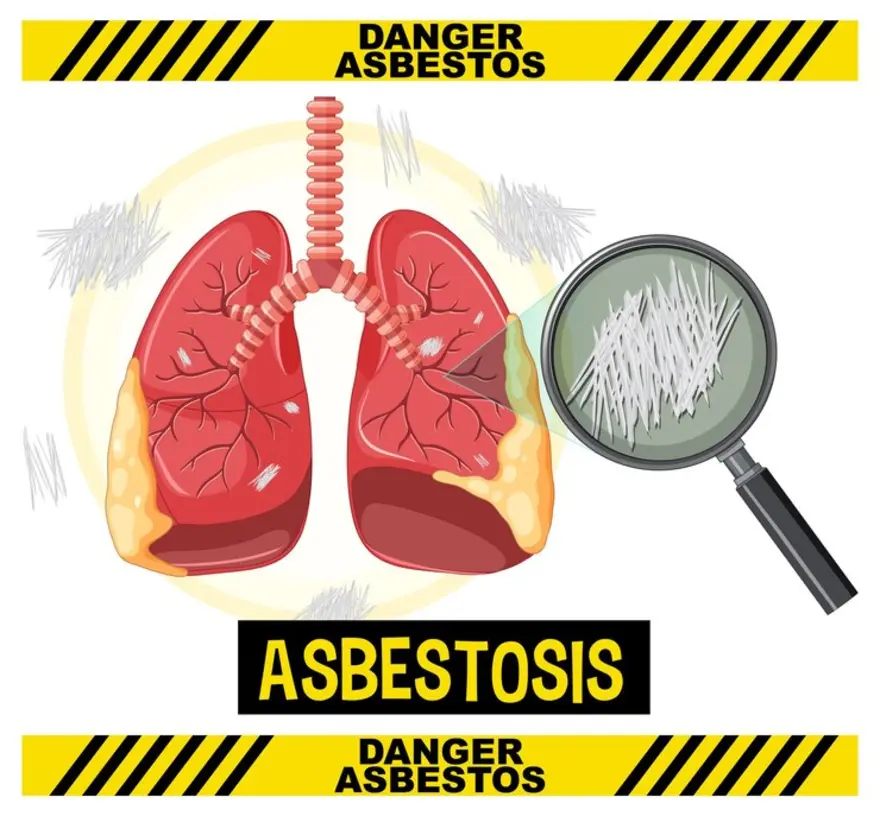Preventive Healthcare
Understanding Amenorrhea: Symptoms, Causes, Types, and Treatment
1243 Views
0

What is amenorrhea?
Amenorrhea is a condition where you do not experience menstrual bleeding for some time, it can be defined as missing one or more menstrual cycles. Amenorrhea can affect your fertility and bone density. This does not mean that the individual is infertile; it is just an indication of a health issue.
What are the types of amenorrhea?
There are two types of amenorrhea:
Primary amenorrhea
Primary amenorrhea is when you haven't got your period by the time you turn 16 or within 5 years of reaching puberty (developing breasts). Primary amenorrhea usually occurs due to genetic disorders or acquired abnormalities.
Secondary amenorrhea
In secondary amenorrhea type you suddenly stop getting your period for over three months after getting them regularly. Some of the common reasons for secondary amenorrhea include:
- lactation
- pregnancy
- menopause
- stress
- chronic illnesses
How common is amenorrhea?
It was found that at least one in four women who are not pregnant, lactating, or experiencing menopause may get amenorrhea.
What are the symptoms of amenorrhea?
Missing of period cycles is one of the main amenorrhea symptoms. Some of the other amenorrhea symptoms may occur at various times depending on the cause of your amenorrhea. These symptoms include:
- Hot flashes
- Nipples leaking milk
- Headaches
- Vision changes
- Acne
- Vaginal dryness
- Excess hair growth on your face and body
- Changes in vision
How do you get amenorrhea?
Different types of amenorrhea usually have different causes. Some are natural that are not cause for concern while others can be signs of medical conditions.
Natural amenorrhea causes include:
- Breastfeeding
- Pregnancy
- Menopause
- Having uterus or ovaries removal surgeries
Common causes of primary amenorrhea
An amenorrhea type occurs when a woman does not have a period between the ages of 15 or 26. The primary amenorrhea causes are:
- Genetic/chromosomal issues such as Turner's syndrome that affect your reproductive system.
- Hormonal issues that could indicate an issue with your brain or pituitary gland
- Structural or developmental problems with the reproductive organs, like an underdeveloped reproductive system, missing parts of your vagina or uterus
Common causes of secondary amenorrhea
Secondary amenorrhea causes include:
- Birth control methods including intrauterine devices or some birth control pills
- Radiation or chemotherapy
- Uterine surgery that may have caused scarring
- Stress
- Poor nutrition
- Changes in weight (extreme loss or gain)
- Certain medication
- Extreme exercise routines
Certain medical conditions also cause secondary amenorrhea, which includes:
- Primary ovarian insufficiency causing the ovaries to stop working before the age of 40
- Pituitary disorders like benign pituitary tumors or extra prolactin production
- Hypothalamic amenorrhea that causes amenorrhea because of issues with the hypothalamus
- Hormonal imbalances caused due to conditions like polycystic ovary syndrome, hypothyroidism, and adrenal disorders
- Ovarian tumors
- Ongoing chronic illnesses (eg., inflammatory bowel disease or kidney disease)
- Obesity
What are risk factors for amenorrhea?
Most common risk factors for amenorrhea include:
- Chromosomal or genetic conditions that affect the ovaries or uterus
- Family history of early menopause or amenorrhea
- Obesity or being underweight
- Over-exercising
- Eating disorders
- Stress
- Chronis illness
What are the complications of amenorrhea?
Amenorrhea, primary or secondary, by itself isn't life threatening. However, some amenorrhea causes can result in long term complications like:
- Infertility or difficulty getting pregnant
- Osteoporosis or cardiovascular disease
- Pain in the pelvic region
How is amenorrhea diagnosed?
If you miss your period for three months or more or if you have not yet received your period by the age of 15 it is best to consult your healthcare provider to know the possible causes. They will take into account your physical symptoms and medical history as well as your menstrual history and consider the possibility of amenorrhea in pregnancy. Your healthcare provider or gynaecologist can also perform a physical and pelvic exam.
What are the test for amenorrhea?
Your healthcare provider may suggest the following tests to find out the reason for your amenorrhea:
- Pregnancy test
- Blood test to check hormone levels that may indicate adrenal or thyroid gland disorders
- Genetic testing for those with primary ovarian insufficiency
- MRI to check for issues with your pituitary gland
- Ultrasounds that help identify structural issued with the ovaries or your uterus
How is amenorrhea treated?
Natural causes of amenorrhea such as menopause, pregnancy, or lactation do not need amenorrhea treatment. For other issue related to the treatment of amenorrhea will depend on the cause of the condition, like:
- Maintaining a healthy weight with a healthy diet and exercise plan
- Using stress management techniques like meditation
- Changing your levels of exercise
- Use of hormonal medication and other treatment as suggested by your healthcare provider
- In rare cases surgery
You may also need to undergo treatment for the side effects of amenorrhea such as:
- Calcium and vitamin D supplements that help with bone strength
- Strength training to improve muscles
- Estrogen therapy for hot flashes or vaginal dryness
How long does amenorrhea last?
Amenorrhea is a highly treatable condition and with the correct treatment your periods may start to happen regularly or it could take a couple of months for your periods to get back to normal but in most cases it regularises. However, it is important that you should consult your healthcare provider as soon as you start experiencing amenorrhea symptoms.
How can I prevent amenorrhea?
Maintaining a healthy lifestyle and overall health can help prevent most cases of secondary amenorrhea. Here are a few things you can do:
- Follow a healthy diet and exercise plan
- Keep track of your menstrual cycle so you know when you miss a period
- Visit your gynecologist regularly
- Get regular and adequate sleep
Conclusion
If you are over 15 years old and have not had a period yet, or if you used to have regular periods but they suddenly stopped, it is recommended that you see a doctor to find out the cause. Amenorrhea is a common and treatable condition and can even be prevented by living a healthy lifestyle. Getting regular health check-ups and keeping track of your hormones with blood tests helps you identify any potential problems before the symptoms appear, increasing a chance of quick and easy recovery.
Metropolis Labs is a renowned provider of diagnostics services and also offer home sample collection. Book your test today with us.













1701259759.webp)









 WhatsApp
WhatsApp